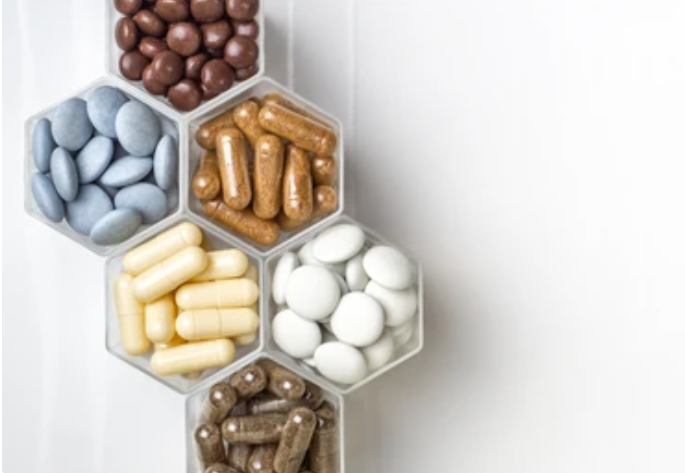The pandemic has put our health under the microscope like
never before, with many of us reaching for dietary supplements in the hope of
fending off the COVID-19 virus.
A recent survey in the US found nearly 30 per cent of Americans
are now taking more supplements than they were before the pandemic, while in
Australia market researchers report sales of vitamins and supplements have
soared.
Are supplements perfectly safe or could we be risking our
health further every time we pop a pill?

What are dietary supplements?
Natural health products such as vitamins, minerals, amino
acids, enzymes and plant extracts all fall under the umbrella term of dietary
supplements. They are also known as complementary medicines. Global supplement
use is growing at a fast rate and expected to reach a value of almost US$300
billion by 2027.
Many dietary supplements are beneficial if used safely, says
Geraldine Moses, Adjunct Associate Professor of the School of Pharmacy at the
University of Queensland. Women who are pregnant or planning to be are
prescribed folic acid and iodine, and deficiencies in certain minerals, such as
iron, are corrected with supplements.
What is the evidence?
Some of us take a multivitamin as a kind of health
insurance, in case our diet is lacking. Yet the highest-quality evidence,
randomised controlled trials, has found no evidence that multivitamins improve
your health.
The trials that have been done of vitamins have not shown
benefit in people who are not deficient. We are just seeing it time and time
again, Professor Rachel Neale of the QIMR Berghofer Medical Research Institute.
One reason dietary supplements are so popular is the
perception that they are harmless, says Professor Moses. But like any other
drug, there are potential dangers from taking vitamins and minerals. Unlike
other drugs, however, we rarely hear of their potential harms.